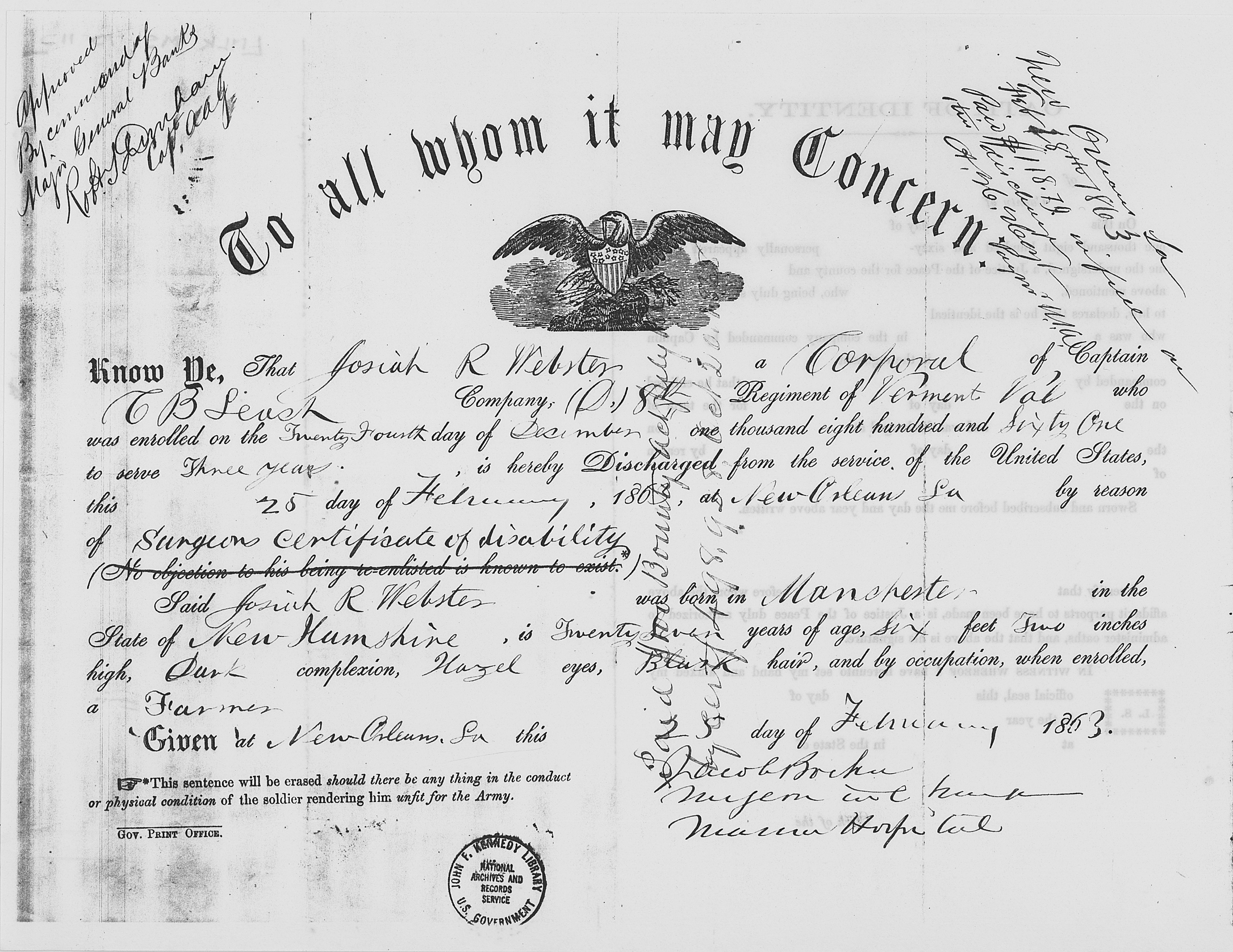 When you are released from your obligation to serve, you are “discharged.” If you received an “Honorable” discharge, it’s unlikely there’s any need to request a subsequent upgrade. However, other types of discharge categories can have a serious, permanent affect on qualifying for Veterans benefits, including those issued by Texas as well as the Department of Veterans Affairs.
When you are released from your obligation to serve, you are “discharged.” If you received an “Honorable” discharge, it’s unlikely there’s any need to request a subsequent upgrade. However, other types of discharge categories can have a serious, permanent affect on qualifying for Veterans benefits, including those issued by Texas as well as the Department of Veterans Affairs.
Veterans benefits are important, not only to you but to your family. If you currently do not qualify for Veterans benefits because of the nature of your military discharge, now is the time to consider pursuing a request to upgrade. But, be careful. You generally have one opportunity for a successful request – so make sure you do everything possible to get it right.
There are two broad categories of military discharge: Administrative and Punitive. We will discuss both types, their subcategories, and what all this means for obtaining benefits from the Department of Veterans Affairs (VA).
Administrative Discharge
The vast majority of military discharges, from any service, are Administrative. In turn, Administrative Discharges fall into one of three categories:
- Honorable;
- General, under honorable conditions; and
- Other than honorable.
“Honorable” means the service member received a rating from good to excellent for his or her service. It is not necessary to have completed a full term of service to receive an honorable discharge. Further, an honorable discharge doesn’t necessarily mean a spotless record of impeccable actions.
A “General discharge under honorable conditions” is given to service members whose performance is acceptable but whose conduct deviates from that expected of military member. Substance abuse (drugs or alcohol), excessive absences, and Article 15 reasons may all contribute to a “general discharge under honorable conditions.”
An “Other than honorable” (OTH) discharge is essentially a bad-conduct discharge. Depending on whether a Veteran has at least one Honorable discharge, an OTH can mean loss of all Veterans’ preference for civilian jobs and spell an end to eligibility for any VA benefits.
Punitive Discharge
The three types of punitive discharges are:
- Bad-conduct discharge;
- Dishonorable discharge; and
- Dismissal (the Officer version of a dishonorable discharge).
What’s Next?
You can appeal ratings. The process and paperwork differs depending on whether you were discharged less than 15 years ago or more than 15 years ago.
- DD-293 is used for a discharge less than 15 years ago
- DD-149 is used for a discharge more than 15 years ago
Do NOT Go This Alone
Most upgrade requests are not approved. Why? Two reasons. First, the request may not merit a change. But, second, the request may merit change but is not presented in a manner which permits the Discharge Review Board (DRB) to make the requested change. If you are in this second category, you need representation.
The DRB can only upgrade – or change the discharge reason – under two circumstances.
- Circumstance 1 = The discharge reason or rationale was “inequitable.”
- Circumstance 2 = The discharge reason or rationale was “improper.”
Inequitable means the reason or rationale for was not consistent with the policies and traditions of the service from which you were discharged.
- Example: Veteran was given a “General” discharge for one isolated incident in 48 months of service, with no other adverse action during those four years.
Improper means the reason or rationale was in error. That means, the reason or rationale was false or violated a regulation or law.
- Example: Veteran was given a “General” discharge because – even though the Veteran properly listed a pre-service civilian conviction – the pre-service conviction was used as the sole reason for the discharge rating.
So far, so good. However, the DRB can upgrade your discharge only if it has evidence proving the original rating was inequitable or improper. The DRB does not care about:
- Your model conduct in civilian life. What you have done after separation from the military has nothing to do with the question of whether the discharge rating was inequitable or improper.
- Your difficult current economic circumstances. All the DRB can judge is whether the discharge rating was inequitable or improper at the time you separated.
- Challenges to obtaining evidence for the DRB to review. If witnesses have died or otherwise can no longer provide statements, if paperwork has disappeared, or the like – that’s not the DRB’s problem.
To make your case to the DRB, you need evidence. The better your evidence, the greater your chances of convincing the DRB. The DRB doesn’t reach out to witnesses. You have to provide the DRB with everything you want them to consider. And that’s one of the many reasons you need an attorney. An attorney will help you gather the evidence, organize it, make sure it is in a form acceptable to the DRB, and – if you want to testify to the DRB – help you understand the DRB proceedings and the type of questions you will be asked.
You may now realize why it is urgent to appeal a discharge rating. If you wait too long, your best witnesses may pre-decease you. Their memories will fade. You might not be even be able to locate them. If you want to appeal your discharge rating, DON’T WAIT. Contact the Law Office of Robert B. Goss, P.C. today to a FREE consultation.
Getting assistance with your discharge-upgrade appeal is easy! Contact our results-focused team today for your FREE consultation. The Law Office of Robert B. Goss, P.C. is a VA-accredited Veteran attorney firm.
 Military Veterans' Lawyer Blog
Military Veterans' Lawyer Blog

